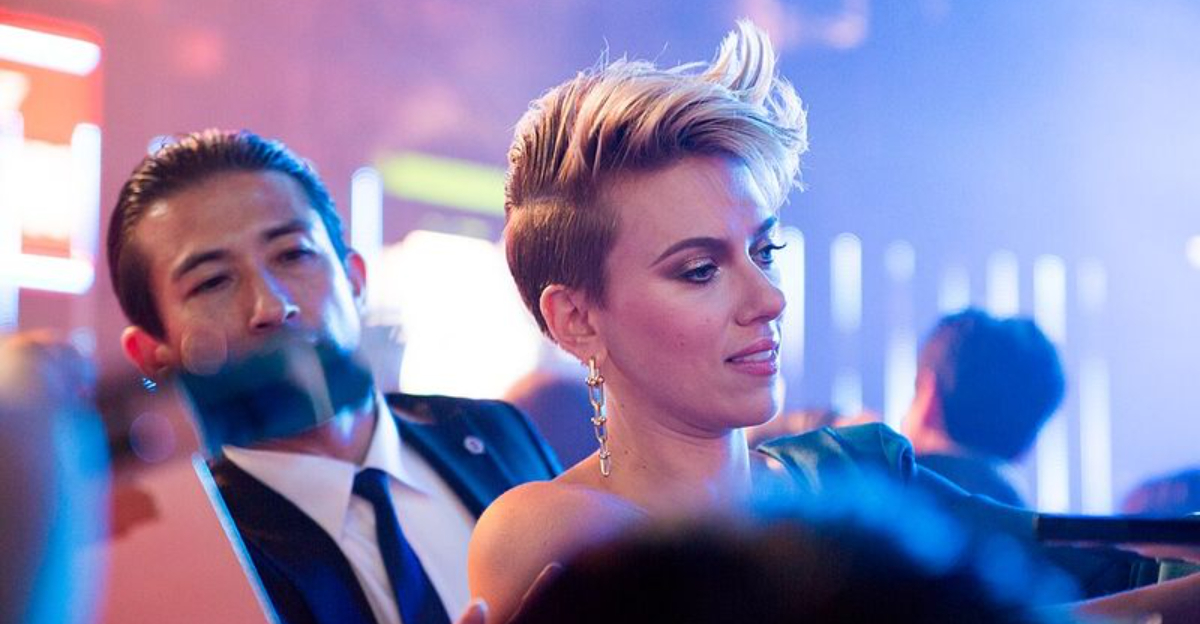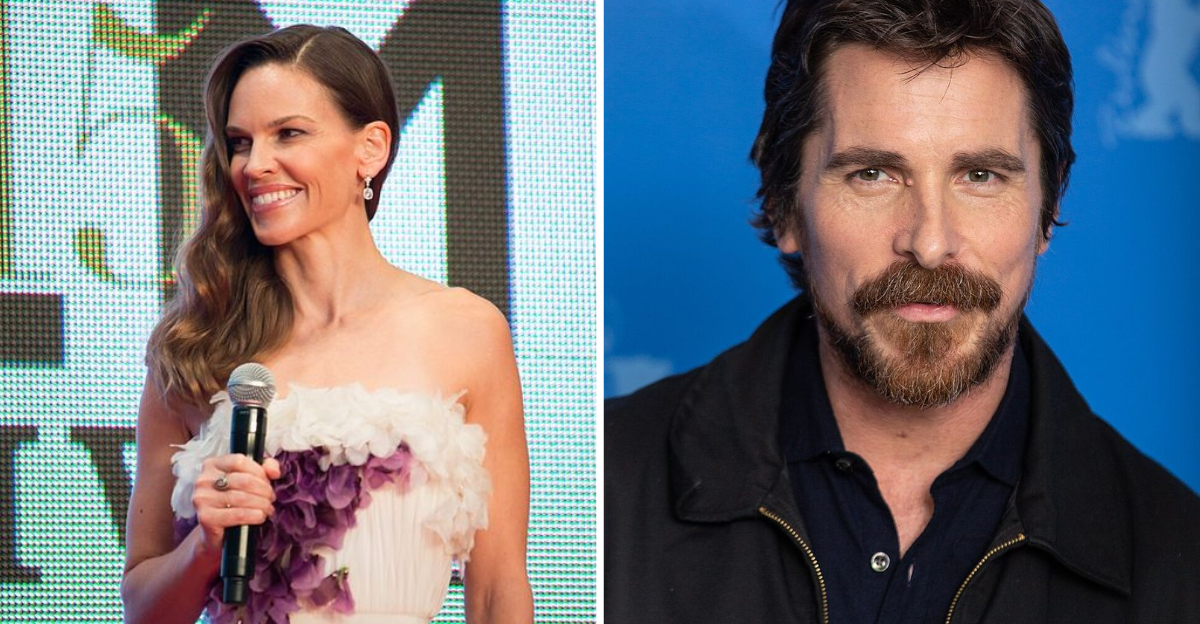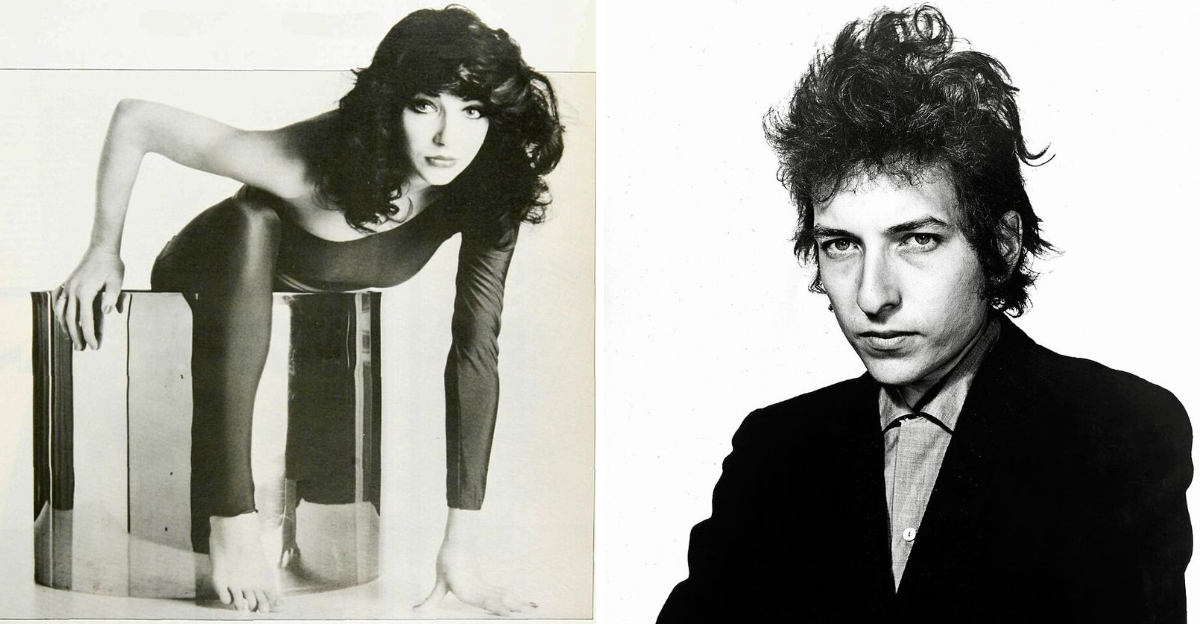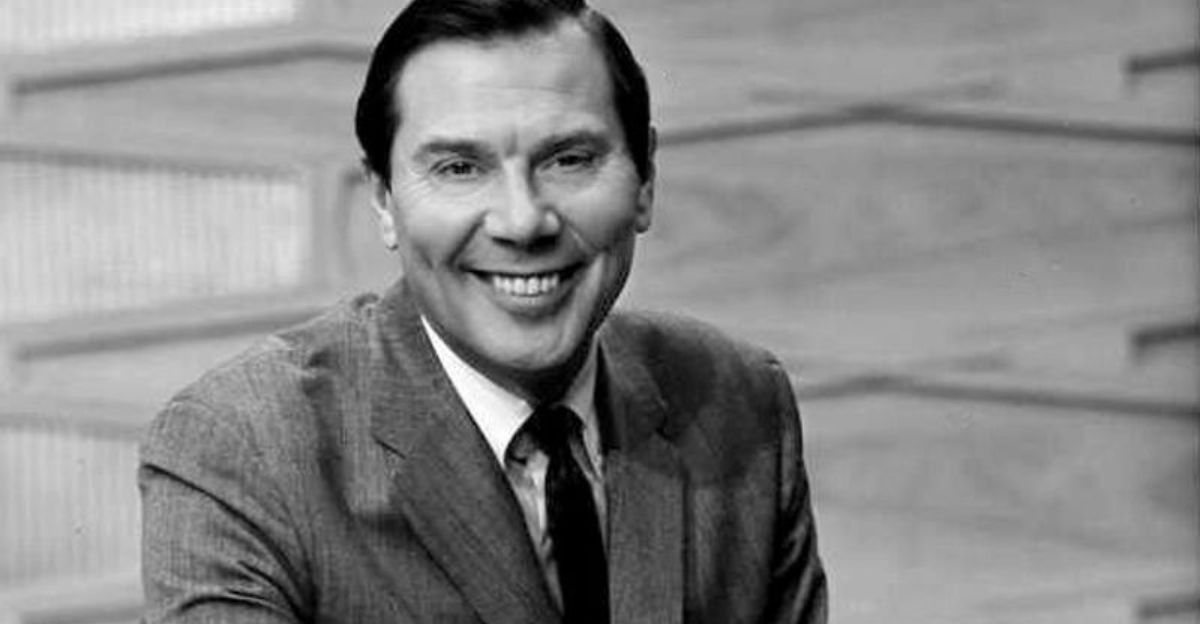10 Ways The 1960s And ’70s Still Influence Our World Today
The 1960s and ’70s weren’t just about bell-bottoms and disco balls.
Those wild decades sparked movements, inventions, and ideas that built the world we live in now. From the technology in your pocket to the rights people fight for today, this era left fingerprints everywhere. Ready to discover how yesterday’s rebels became today’s reality?
This article is intended for general informational and educational purposes only. Historical references, events, and quotations are drawn from reputable public sources such as NASA, the U.S. National Archives, and the Library of Congress. While accuracy has been carefully verified, interpretations may vary over time as new research emerges. The content is not intended to provide professional, political, or legal advice. Readers are encouraged to explore further primary sources to deepen understanding of the 1960s and 1970s cultural legacy.
1. Civil Rights Changed How We Protest Today
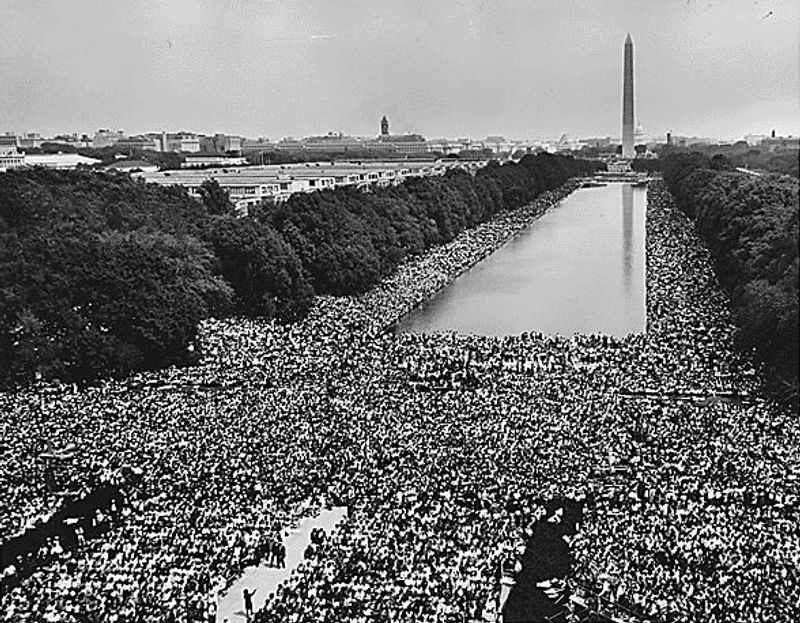
When hundreds of thousands gathered in Washington D.C. in 1963, they wrote the playbook for peaceful protest. Martin Luther King Jr.’s famous speech and the massive march showed how organized demonstrations could change laws and hearts.
Today’s activists still use those same tactics: marches, sit-ins, and powerful speeches. Whether fighting climate change or inequality, modern movements owe their strategies to the courage of civil rights pioneers.
2. Women’s Sports Got A Massive Power Boost
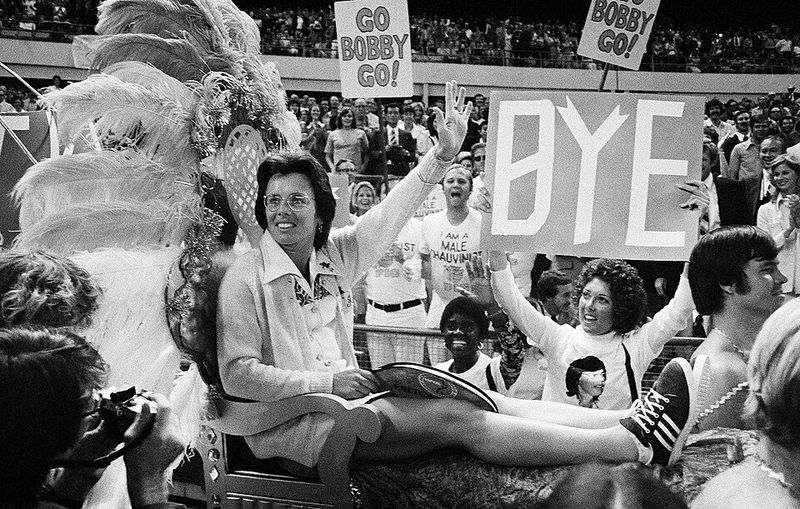
Billie Jean King didn’t just win a tennis match in 1973, she smashed stereotypes with every swing. Her victory over Bobby Riggs proved women athletes deserved equal respect and pay.
Fast-forward to now, and female athletes dominate headlines and break records. Title IX laws from 1972 opened gym doors for millions of girls, creating champions in every sport imaginable.
3. LGBTQ+ Rights Started At A Small Bar

A June night in 1969 at the Stonewall Inn changed everything. When police raided the bar, patrons fought back, sparking days of protests that launched the modern LGBTQ+ rights movement.
Pride parades now happen worldwide every June, celebrating love and equality. Marriage equality, anti-discrimination laws, and increased visibility all trace back to those brave souls who said enough is enough at Stonewall.
4. Earth Day Made Environmentalism Mainstream
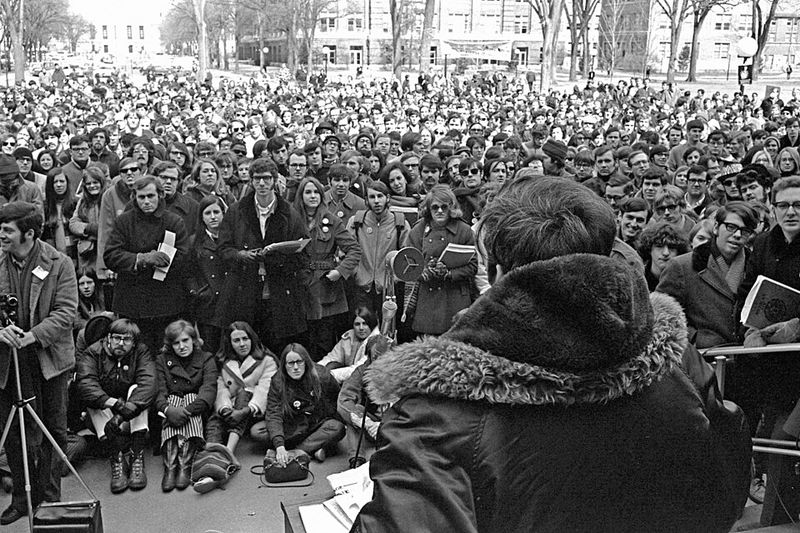
April 22, 1970 marked the first Earth Day, when 20 million Americans rallied for a healthier planet. Students, teachers, and everyday folks demanded cleaner air and water.
Now Earth Day is celebrated in nearly 200 countries! Recycling programs, renewable energy, and climate activism all grew from seeds planted during those first environmental teach-ins and protests back in the ’70s.
5. Moon Landings Inspired Generations Of Scientists
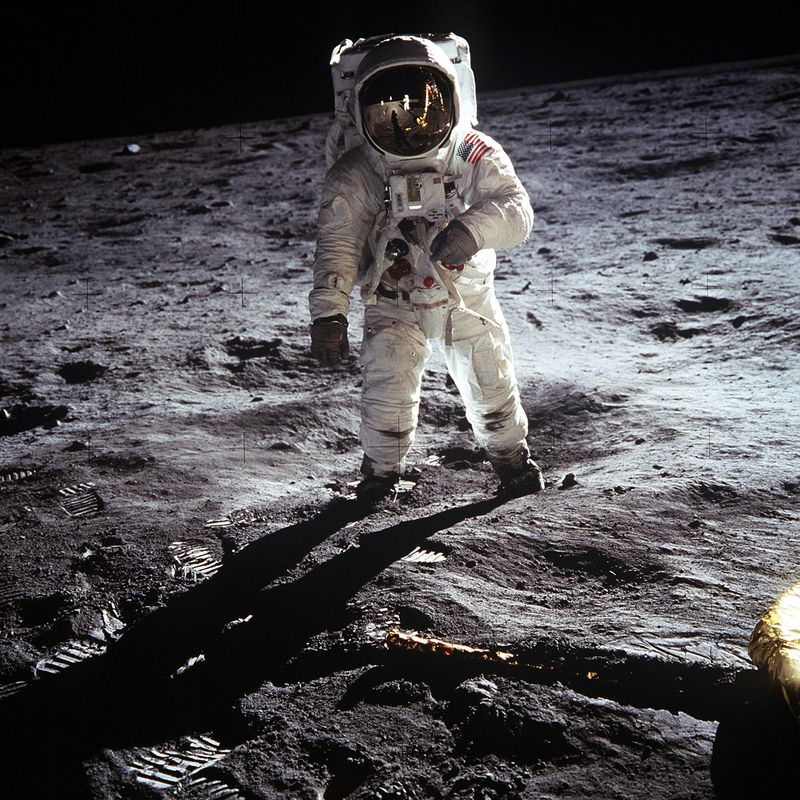
July 20, 1969: Neil Armstrong and Buzz Aldrin bounced across the Moon while millions watched on TV. That giant leap proved humans could achieve the impossible.
Kids who watched became engineers, astronauts, and tech innovators. Space programs, satellite technology, and STEM education exploded because one mission showed us the stars weren’t limits – they were destinations waiting to be explored.
6. Home Computers Became Actual Reality
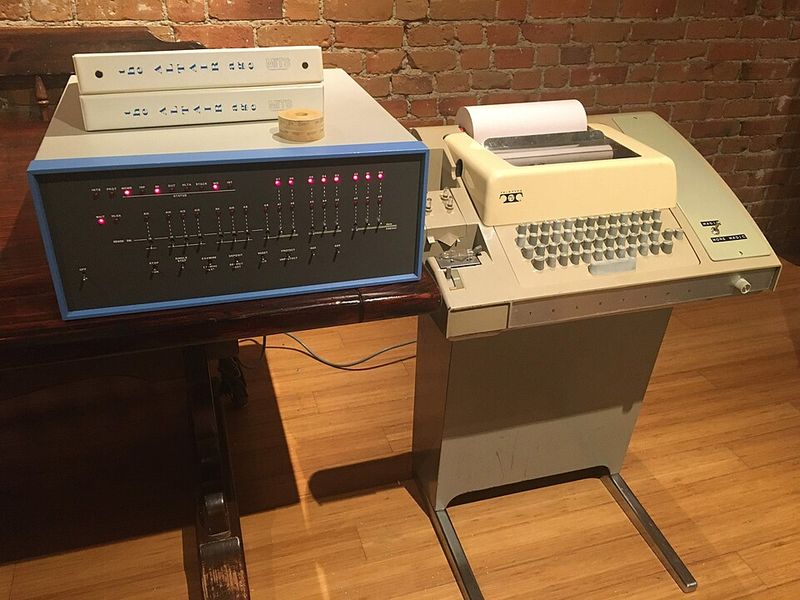
The Altair 8800 hit the market in 1975 as a build-it-yourself kit for hobbyists. Geeks went wild, assembling these boxy machines in garages and basements.
This clunky computer inspired Bill Gates and Steve Jobs to dream bigger. Without the Altair proving people wanted computers at home, we wouldn’t have laptops, tablets, or gaming rigs powering our digital lives today.
7. The Internet Was Born In Secret Labs
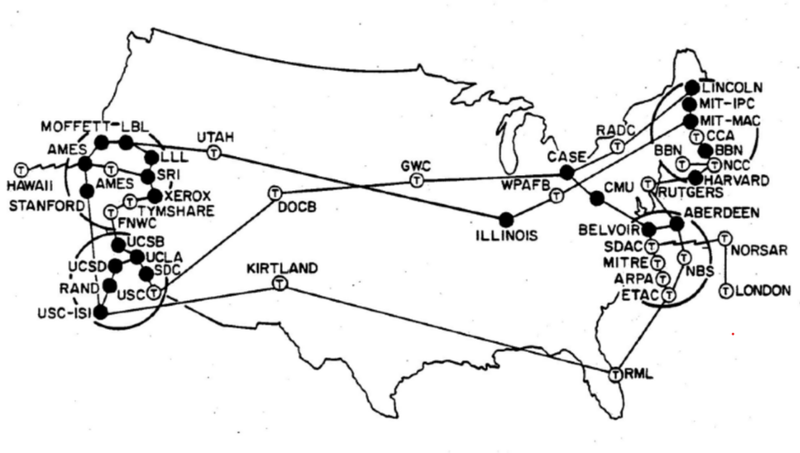
ARPANET connected four university computers in 1969, letting researchers share information instantly. By 1977, this network linked dozens of sites across America.
That experimental project became the internet – the digital highway carrying everything from cat videos to life-saving medical data. Social media, online shopping, and remote work all exist because scientists imagined computers talking to each other decades ago.
8. Video Games Became A Billion-Dollar Industry

Pong’s simple blip-blip sounds echoed through arcades when Atari released it in 1972. Players dropped quarters to bounce a digital ball back and forth – and gaming was born.
Now video games rake in more money than movies and music combined! Esports athletes earn millions, and games teach skills from problem-solving to teamwork. That humble Pong cabinet started an entertainment revolution.
9. Hip-Hop Culture Conquered The Globe
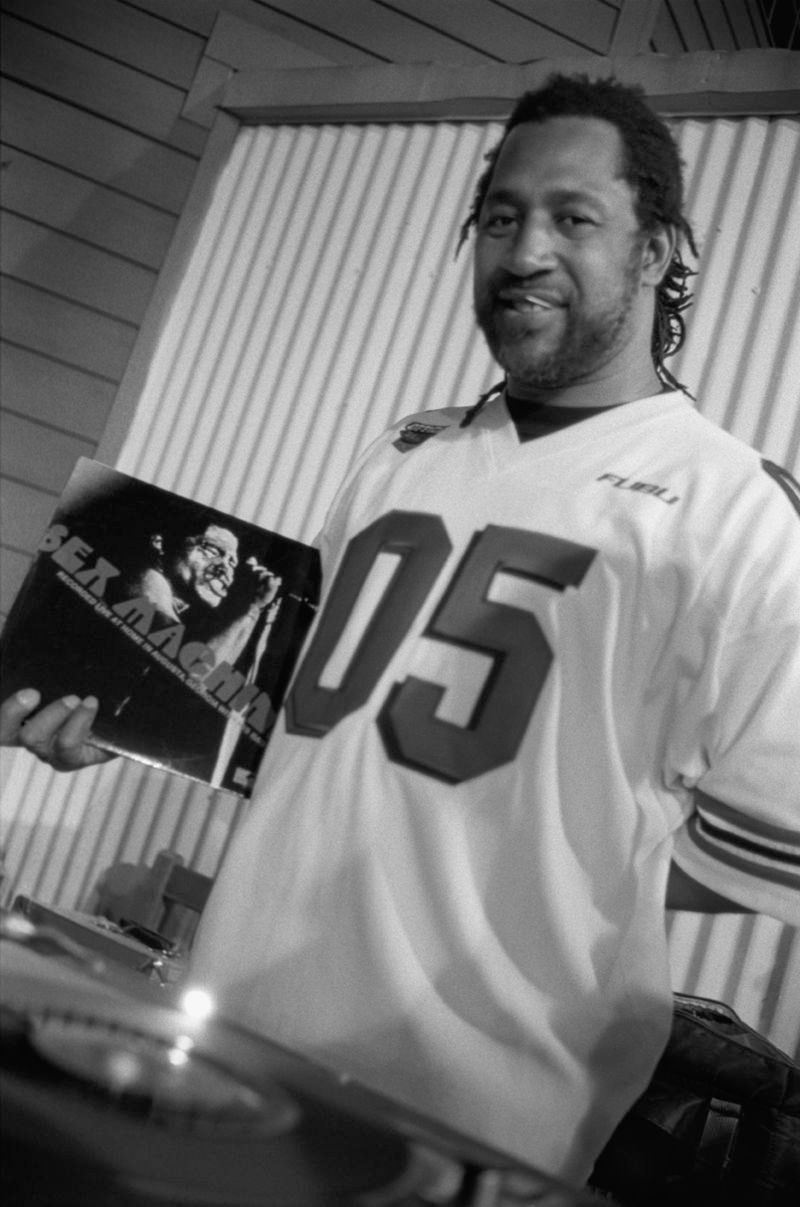
DJ Kool Herc threw a back-to-school party in the Bronx in 1973, spinning records in a new way that made the beats pop. Hip-hop was born in that moment.
Today hip-hop dominates charts worldwide, influencing fashion, language, and art from Tokyo to Paris. What started as Bronx block parties became a global cultural force, giving voice to communities and reshaping popular music forever.
10. Reggae Spread Messages Of Peace Worldwide
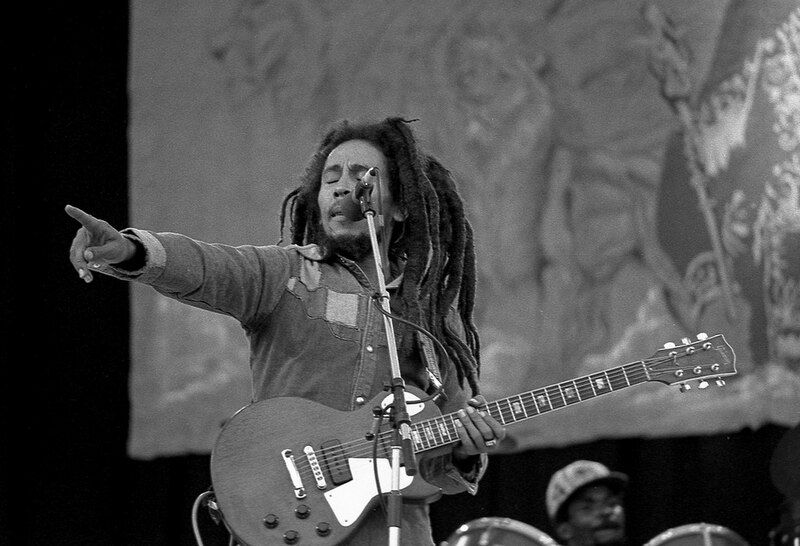
Bob Marley’s reggae rhythms carried messages of unity, justice, and love from Jamaica to every corner of Earth. His 1970s albums became anthems for the oppressed.
Reggae’s influence reaches far beyond music – it shaped fashion, spirituality, and political movements globally. Those laid-back beats and powerful lyrics proved music could unite people across borders, languages, and cultures beautifully.

